Minister confirms hundreds of Sri Lankan soldiers are fighting for Russia

Sri Lanka’s Junior Foreign Minister Tharaka Balasuriya confirmed that at least 455 Sri Lankans are fighting for the Russian army in the war against Ukraine, but admitted that “the number could be much higher,” as he travelled to Moscow this week.
“The situation in Russia is very unfortunate," Balasuriya told reporters. “We have received 455 complaints, we feel the number could be much higher.”
He went on to state that “they have been duped by certain nefarious agents,” and admitted the lire of “certain salaries and privileges including citizenship,” had drawn them from Sri Lanka to Russia.
Russian ambassador to Sri Lanka Levan S. Dzhagaryan however underlined that any Sri Lankan joining the Russian military, would have down so voluntarily.
“My president, my president Putin clarified many times that (if) any foreigner would like to voluntarily, I underline, voluntarily join Russian armed forces there is no objection,” he is reported to have said. “Because look on the (other) side how many mercenaries are fighting for Ukraine, from different countries.”
Balasuriya’s visit to Moscow comes after Sri Lanka’s foreign minister Ali Sabry met with his Russian counterpart earlier this month and also raised the issue.
Had a productive discussion with Russian FM Sergey Lavrov on the sidelines of the BRICS Foreign Ministers conference. We reviewed our bilateral relationship, agreed to enhance cooperation, and addressed issues concerning ex-Sri Lankan servicemen in the Russian military. No… pic.twitter.com/SH1oddrPwp
— M U M Ali Sabry (@alisabrypc) June 11, 2024
It has been reported that hundreds of retired Sri Lankan military are serving in Russia as mercenaries. The Russian Embassy in Colombo distanced itself denying any involvement in the recruitment of Sri Lankan military members. In a statement, the foreign mission stated it had “no information about the participation of Sri Lankan nationals in the Ukraining conflict on the Russian side, nor data regarding possible numbers.”
The Sri Lankan military remains one of the largest in the world per capita, despite the end of any Tamil armed resistance movements almost 15 years ago. The sheer size of the Sri Lankan military is staggering; in 2018, the World Bank estimated there were 317,000 service personnel in the country, twice the size of the UK’s regular forces. In some areas across the Tamil homeland, there are as many as one soldier for every two civilians.
Soldiers from the Sri Lankan military stand accused of war crimes, crimes against humanity and genocide. To date, none have been brough to account for the massacre of tens of thousands of Tamils in 2009.



.png)
.png)
.png)

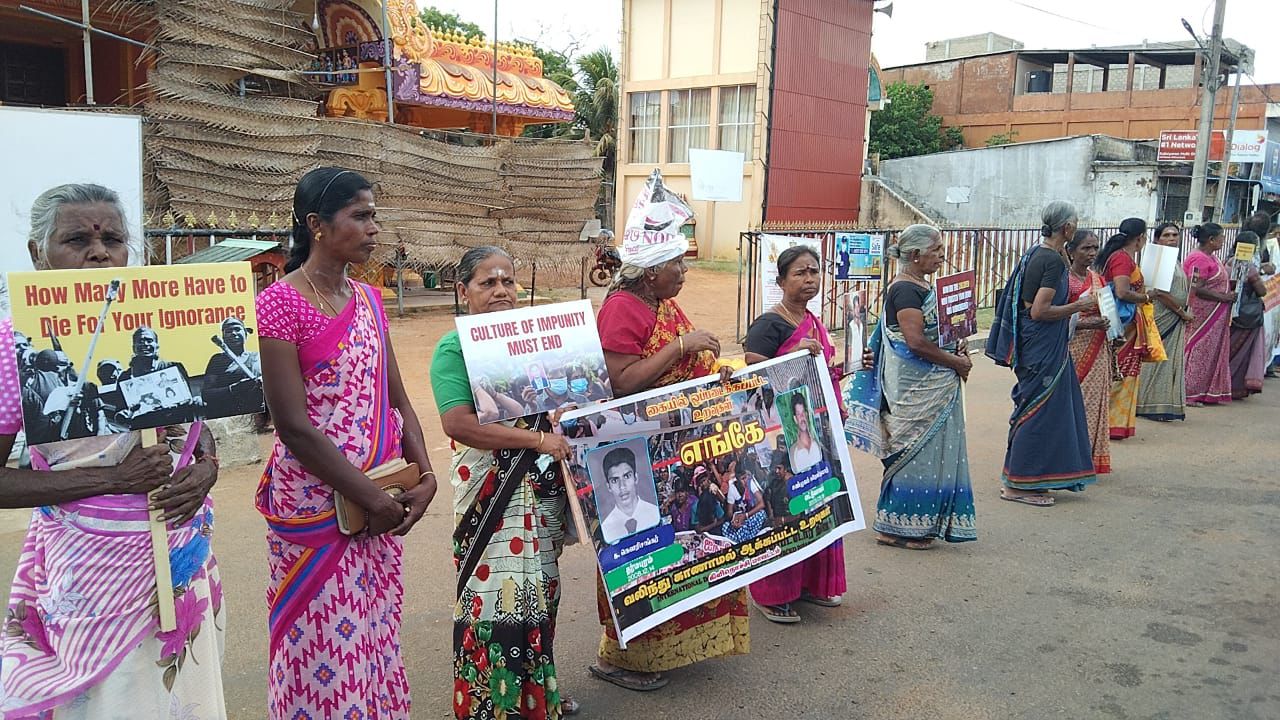
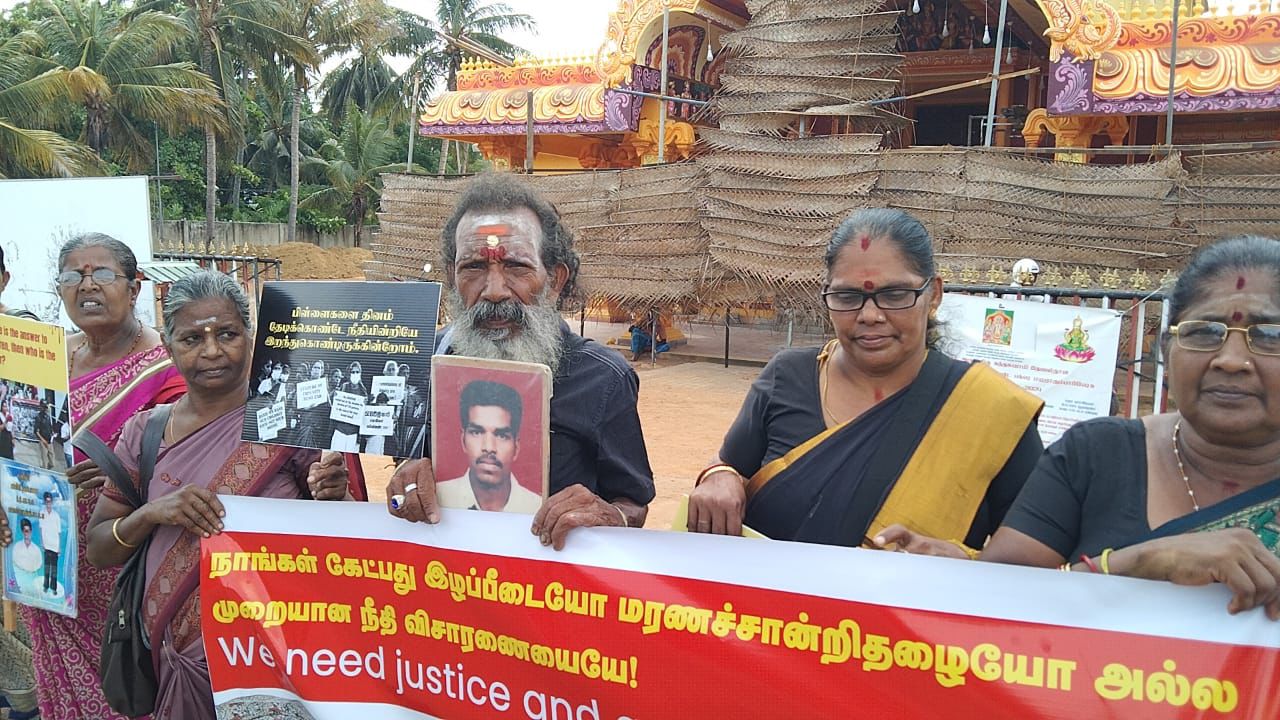
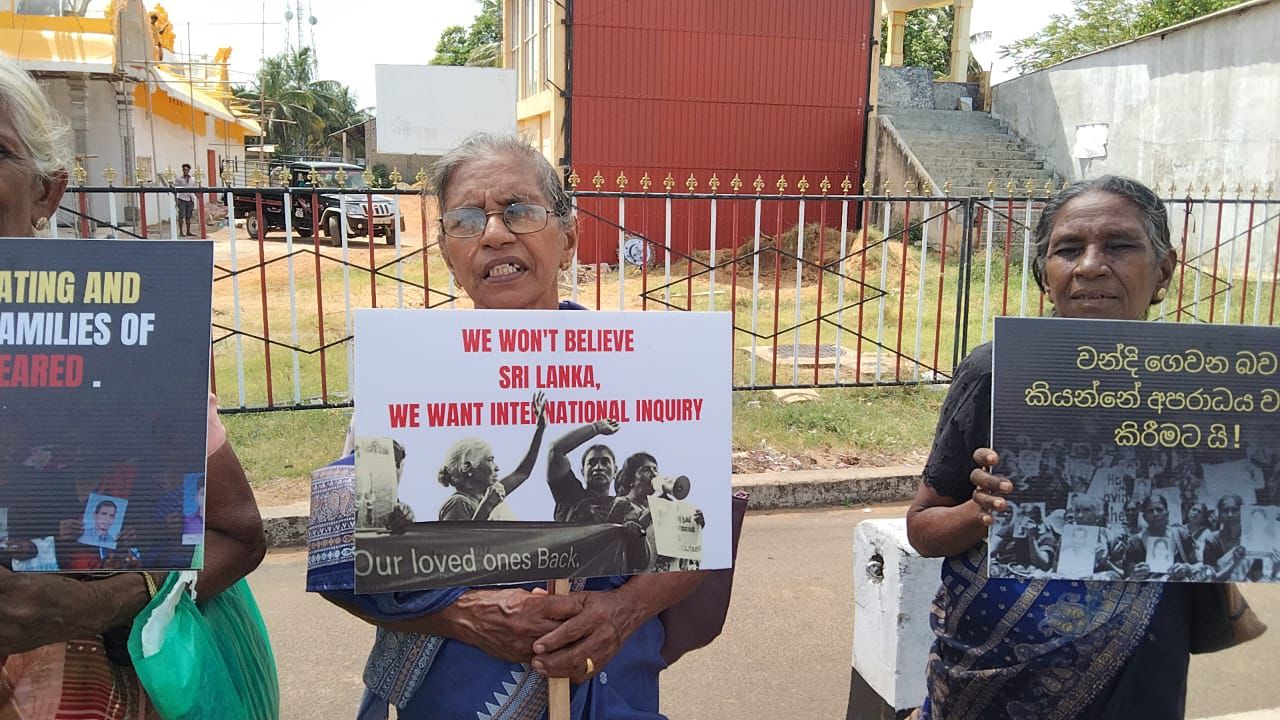

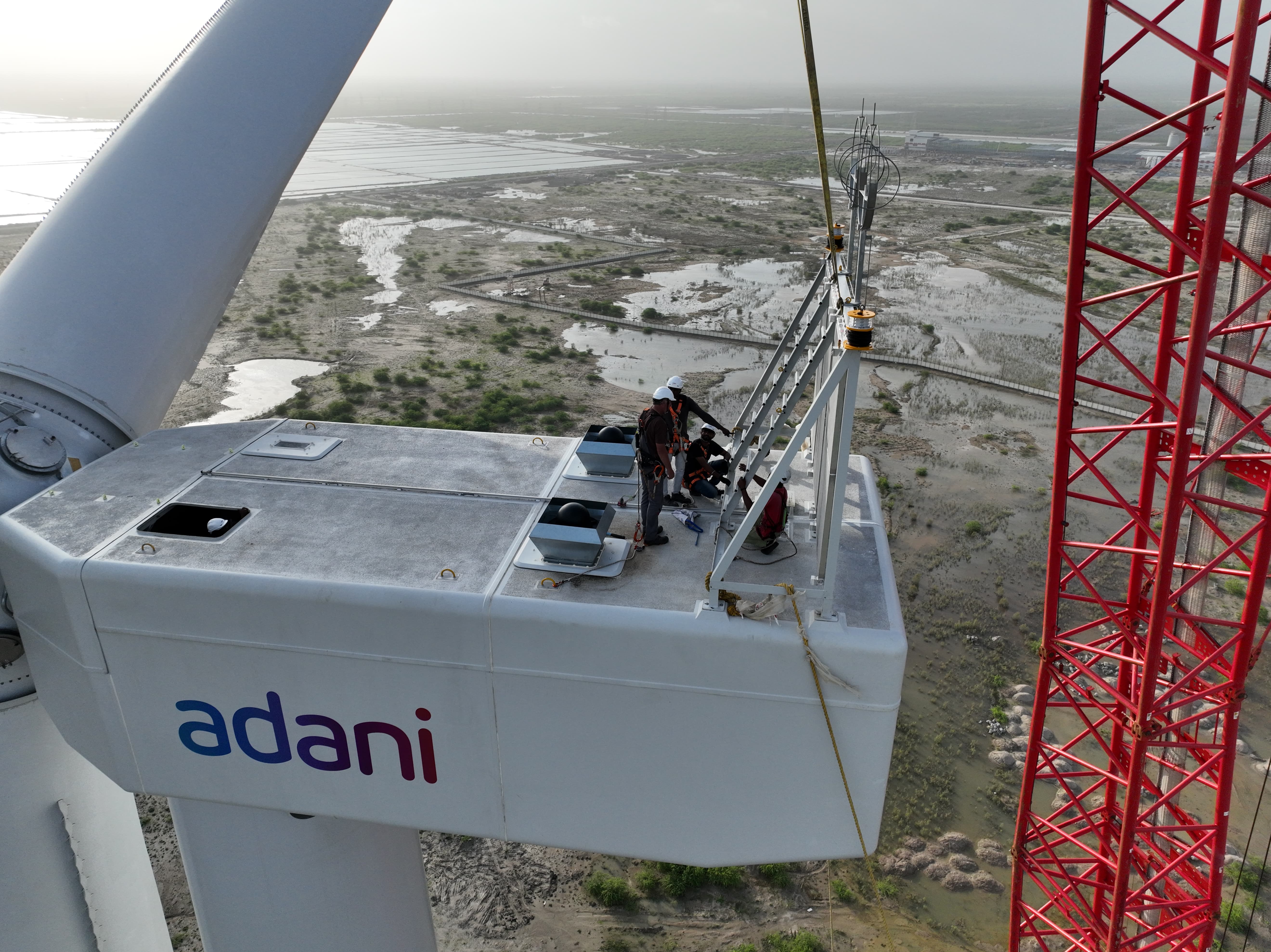

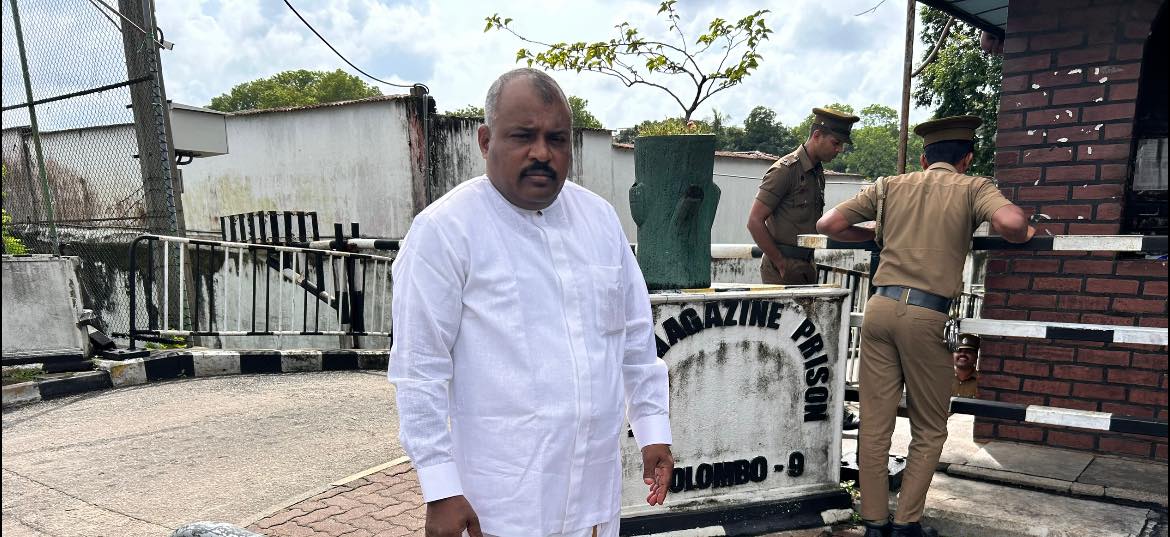

.jpg)
.jpg)
.jpg)

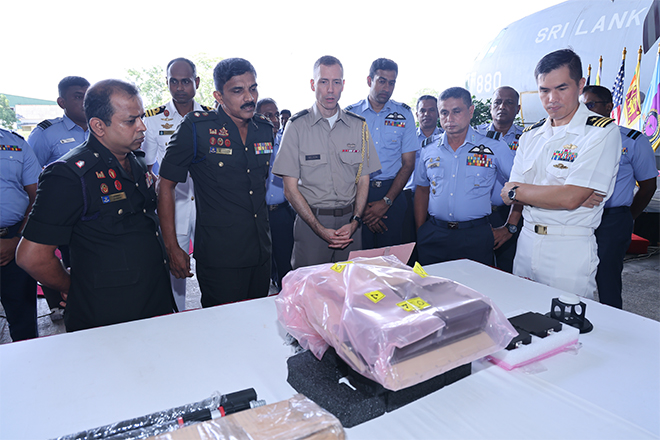




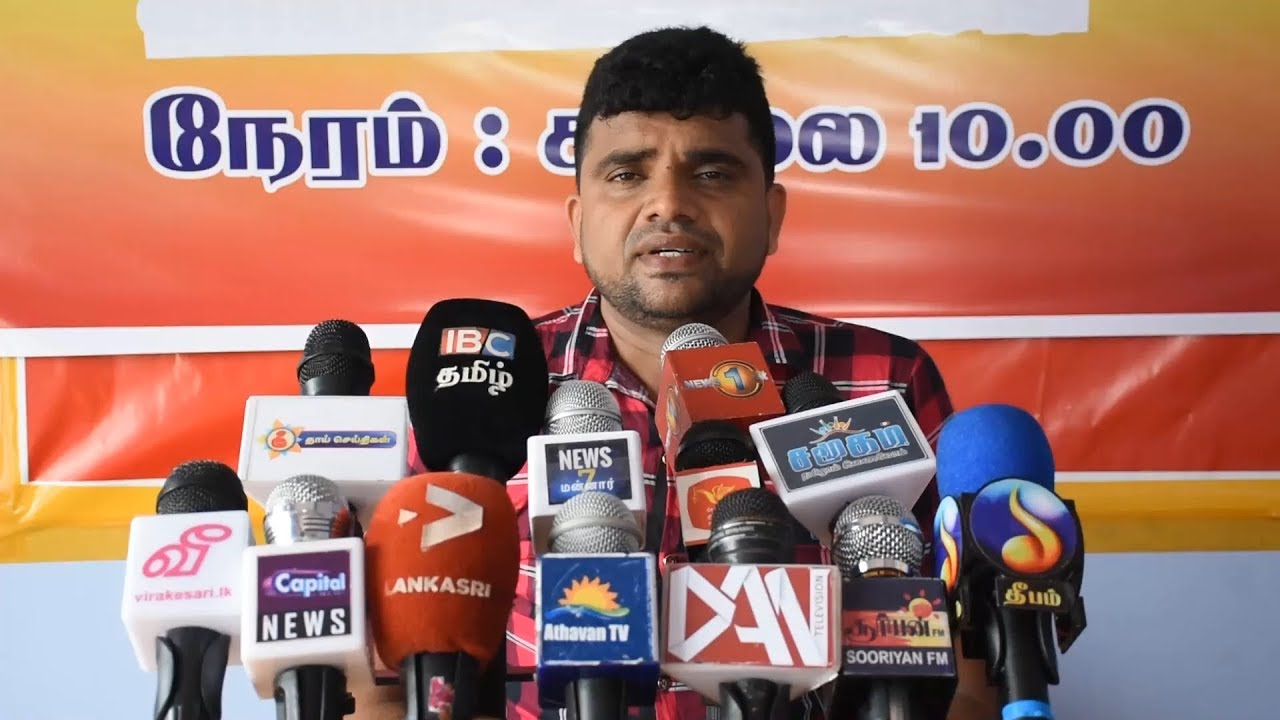
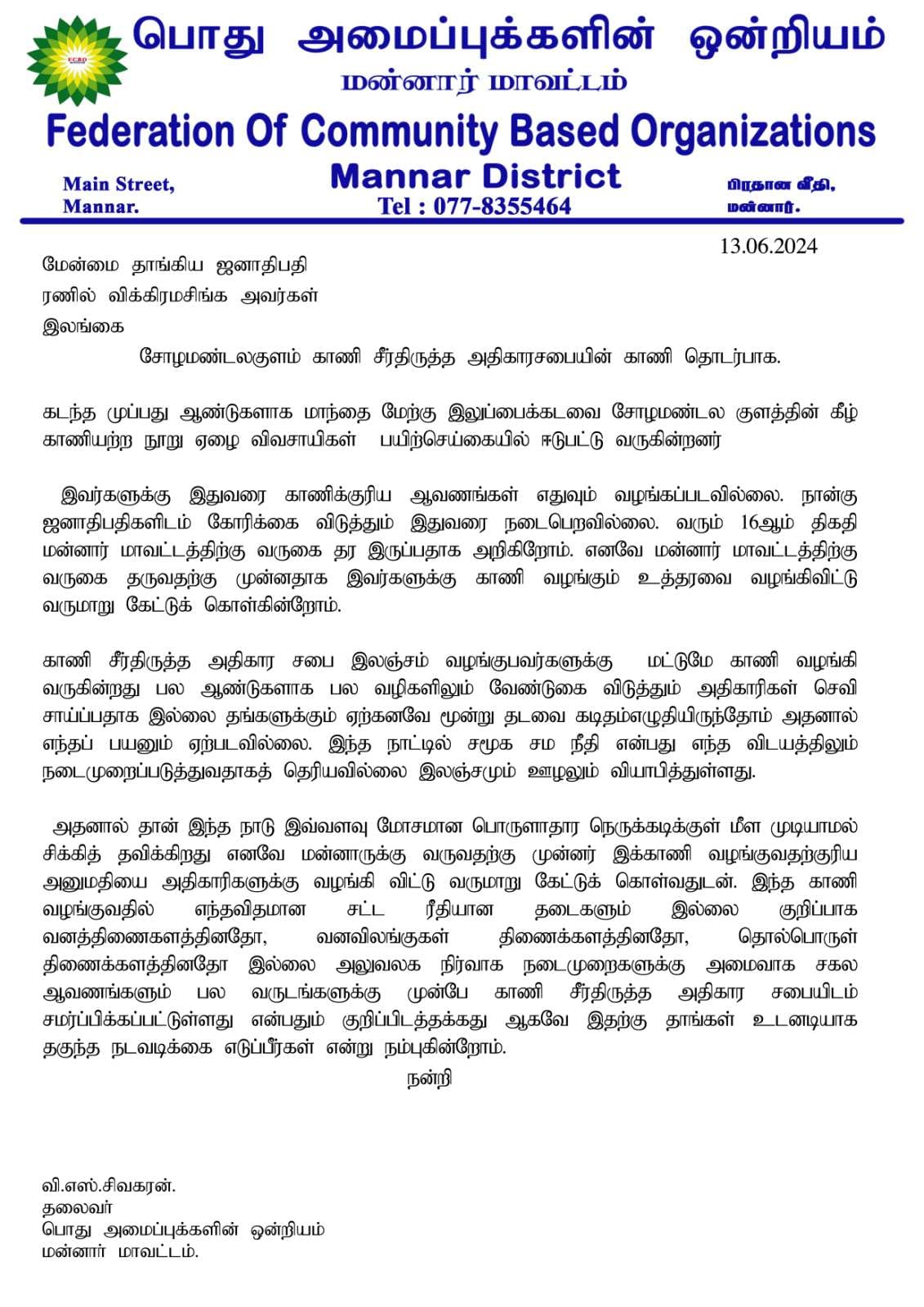

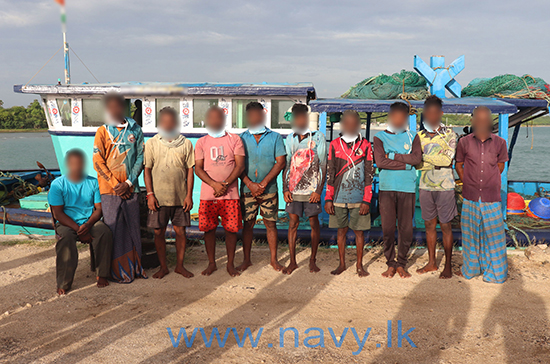
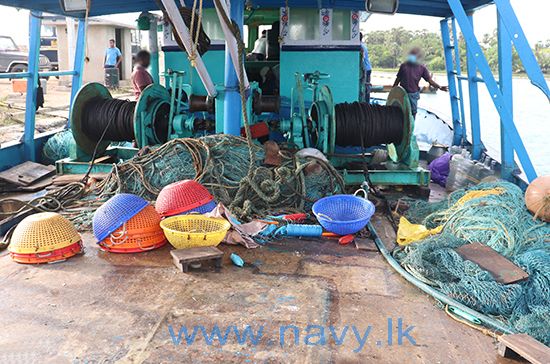

.jpeg)
.jpeg)
.jpeg)
.jpeg)
.jpeg)
.jpeg)
.jpeg)
.jpeg)
.jpeg)

.jpeg)
.jpeg)
.jpeg)

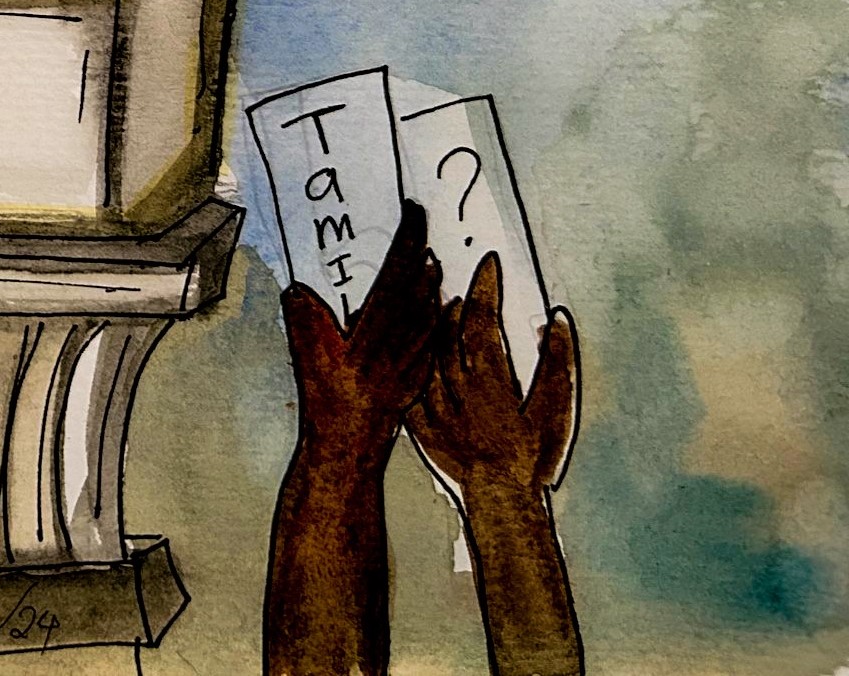

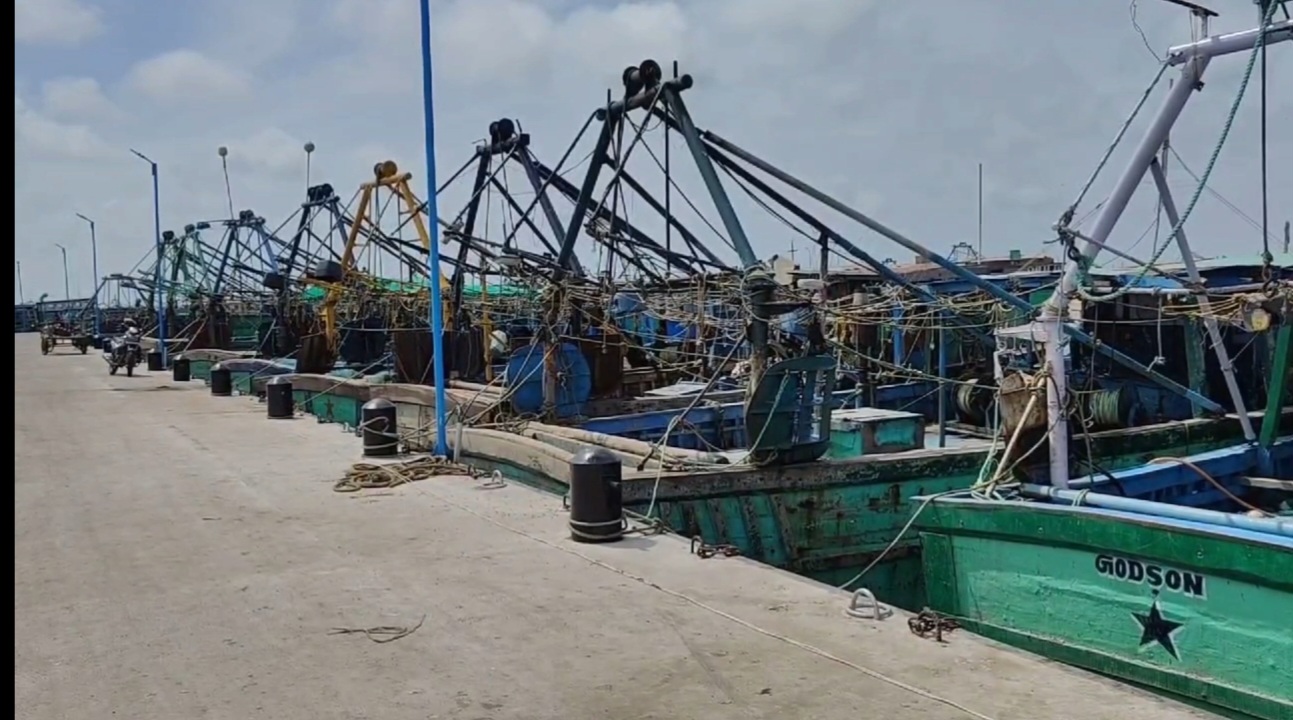
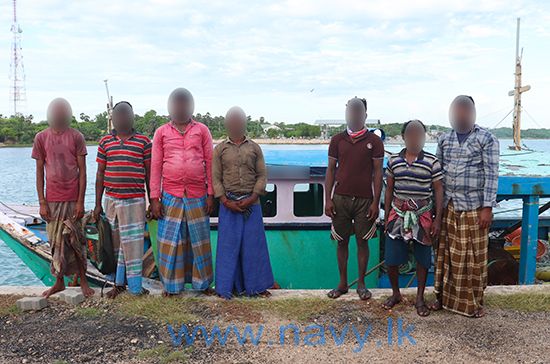

.jpg)
.jpg)